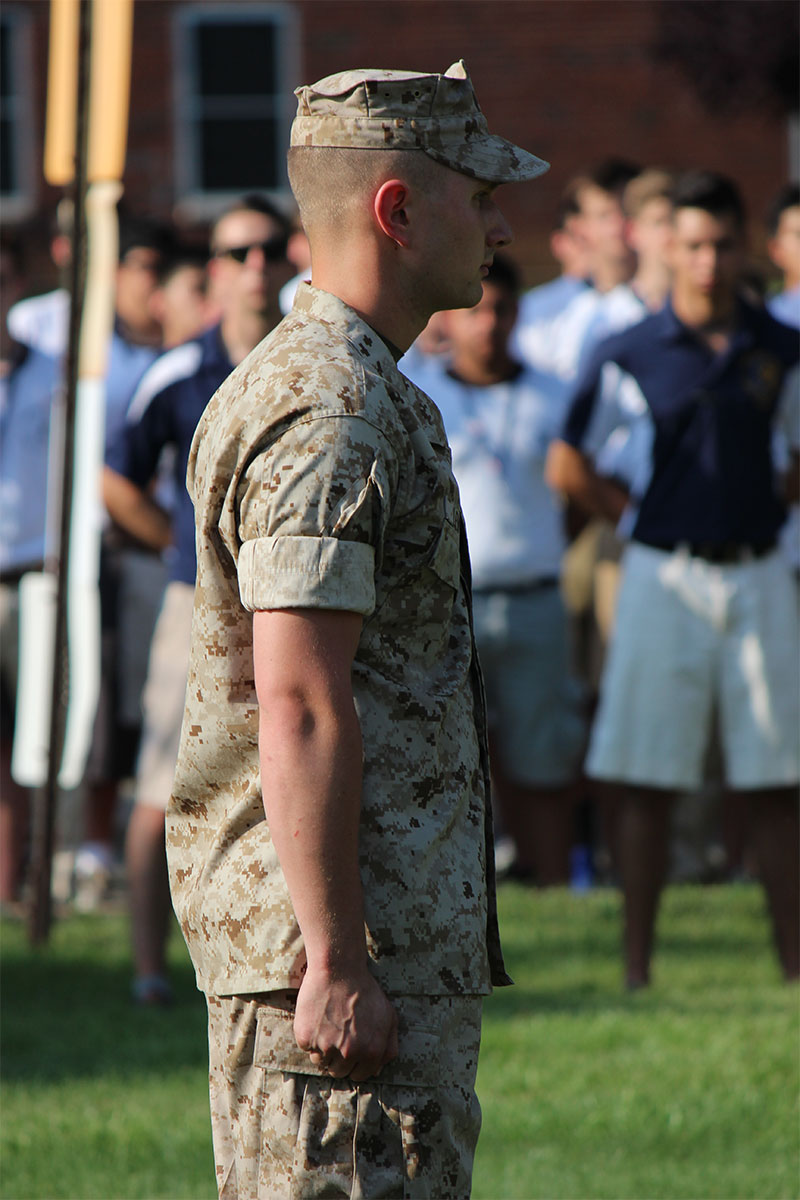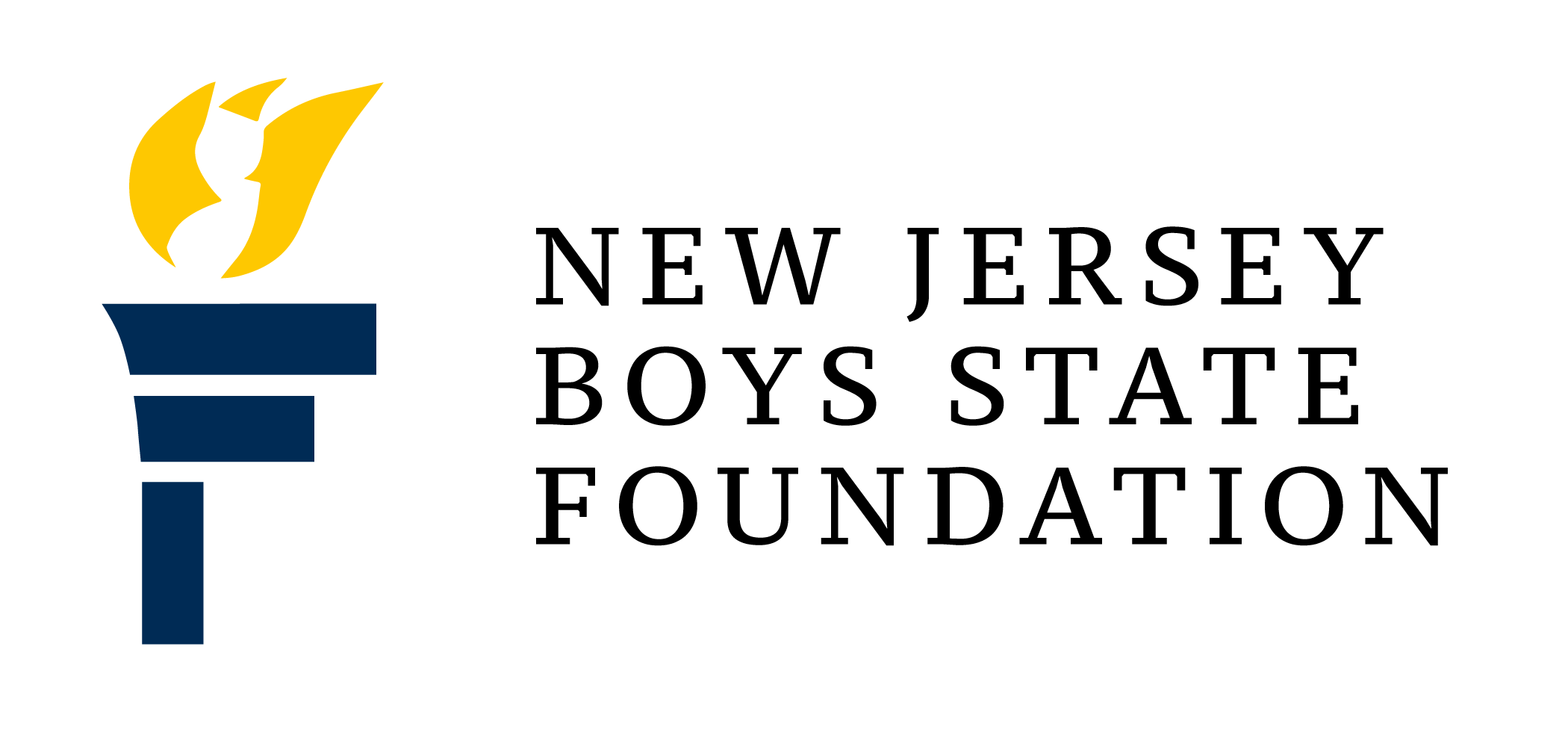News Archive

To graduate from college, I had to take a capstone course during my final semester. The one I took was about leadership. My professor had over twenty years of experience in the financial sector and was starting a fourth term as mayor of his town. He was quiet but forceful and had an exceptional poker face. When you talked, he would alternate between staring into space and peering at you with his gray eyes, head slightly tilted, mouth slightly open, with a look between bemused curiosity and principled disagreement. If you were looking for encouraging non-verbal feedback, he was not the place to turn.
I remember a few items from that class. I remember being stunned by the humility and grace of Maravene Loeschke, then-President of Mansfield College (PA). “I’m not the most important person on campus,” she said, when asked about being the most important person on campus. “I’m here, talking to you all. I’m two hours away from campus. The campus is still functioning. Everything’s happening as it should. They don’t need me.” University presidents do not say these words. They also rarely live them but Maravene Loeschke was and continues to be a remarkably special individual.
But the other thing I remember from the class is a small detail from the first assignment. At the start of the semester, we were given a questionnaire. The questions covered a range of topics: hobbies, favorite books, most important characteristics in a leader, heroes, and role models.
The distinction between heroes and role models seemed unnecessary to us students. My teacher believed differently. Heroes, he stated, were the mythic figures you looked up to from afar. Role models were people you knew and observed more closely. An athlete could be a hero but not a role model. Your dad would be a role model but not a hero.
I’m still not sold on that distinction. But I think I see what’s behind it. A hero can do no wrong. Role models have feet of clay. We see them too often and we know their flaws. Of course, our heroes have flaws too but since we don’t see them enough to find them, they appear perfect. The distance between us and the other person changes the way we perceive them.
This sets us up for disappointment when we get closer to our heroes. When we find out they’re imperfect like us, it shakes us—especially if we’re young. When we’re young, we deal in black and white. Any deviation is shocking and deeply concerning.
But as we mature, we see the world more and more in shades of gray. We know that the people we call our heroes are imperfect and it’s ok. The distinction between hero and role model (if there is one) diminishes.
So what do we make of our often-youthful hero worship? Should we put people on a pedestal, even as youths? Or do we conclude that because everyone is broken, looking for heroes is a bad idea? And what do we do with the heroes we have?
Let me make this more tangible, in a question that our culture has been asking more frequently: what do we make of our soldiers? Should we put them on a pedestal? Or do we feel a little uneasy celebrating them because of what they do?
I felt a little uneasy myself as I wrote that last paragraph but I don’t write it lightly. I’ve been here at American Legion Jersey Boys State for over ten years, and I’ve seen subtle shifts in the way that statesmen perceive and interact with the veterans. My first years at ALJBS were in the sessions closely following the 9/11 attacks, and the mood here, as in most of the country, was fiercely patriotic. The applause for the veterans at the end of the Tuesday night D-Day Presentation was deafening and almost two minutes long. Statesmen often stopped and talked to the veterans, sometimes in groups. It was a very intense time of national pride, and that was reflected here at Boys State.
That has definitely waned over the last decade—not dramatically, not all the way to zero, but definitely a downward trend. The veterans still get applauded but it isn’t as long. The statesmen don’t often talk to the veterans when they run into them. There’s some interaction but not what it was before. It’s a strange combination of respect but uncertainty from the statesmen towards the veterans, almost like they don’t know quite what to make of them. It was easy to lionize the Greatest Generation, who fought for such a clear moral cause, but it’s harder to do that since they’ve passed from this world.
The statesmen are searching for nuance in a subject that often seems to be an all-or-nothing-style debate (see the reaction to “American Sniper” last year for an example). It’s a difficult balance to find, one that may take them some time, even years, to find.
But I think ALJBS helps with this. Rather than shy away from such a difficult conversation, we provoke it by placing statesmen into direct contact with veterans. They will run into active duty or retired soldiers here at Boys State. And they will get to see these men and women as they are, simultaneously flawed and heroic.
I’m not sure I believe in heroes, not in the sense my professor used it. I believe more in heroism. I believe that ordinary people who act in courageous ways, regardless of size, are worthy of recognition and honor. The ones we call heroes are often those who got a large stage to show what was inside of them. The acts that brought them notoriety are the result of a pattern of heroism in many smaller, unseen acts. A soldier goes into battle because he or she has seen a need, signed up, sacrificed time, persevered through boot camp, worked at his or her craft, and obeyed orders. Going into battle may be heroic but so are all the other actions—actions that many people do each day. See a need, volunteer, sacrifice, endure through difficulty, work diligently, and understand authority. These are the fabric of heroism.
In that case, we have hundreds of heroes at Boys State. Our veterans certainly are heroes. So are the staff members that give their time—some for much more than a week—to help this program continue. So are parents and teachers and role models from home. So are the hard-working support staff at Rider University. So are the delegates who toil for the good of others, even when they will never see the spotlight that the ALJBS Governor or Boys Nation Senators will.
We care deeply about that kind of heroism. The biggest award we give out each year highlights exactly that. The Todd Eaton Award is given to the delegate who best exemplifies the ideals of the program. It’s for the person who respects others, labors behind the scenes, helps others to achieve their goals, and cares for the other young men in his city.
Let that sink in for a moment: the biggest award we give at Boys State is designed not to go to the guy who works hard to win everything but to the guy who works hard to help others win.
This is the person we call our hero.
Adulthood isn’t just about seeing things in black and white. It’s about taking responsibility and looking beyond your own interests for the good of others. Our veterans give us perhaps the ultimate example of that. Our staff members give us a great example too, and so do our Todd Eaton award winners. We are surrounded by heroes, appreciated and unappreciated.
We are also surrounded by opportunities to be heroic, whether we appreciate them or not. We can see what to do. It’s not complicated. See a need, fill a need. Sacrifice. Serve others. Do what’s in front of you. If we do that, then we too can be heroes, whether just for one day or for far, far more.


